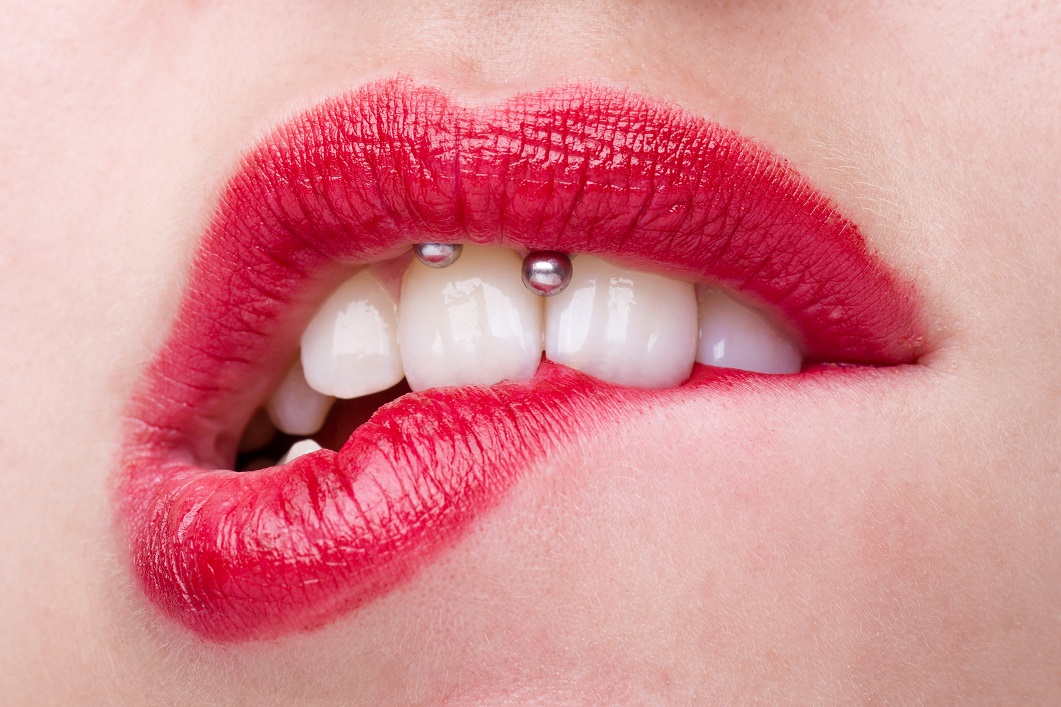
Oral Piercing and Gems
Some people, especially young adults, turn to oral jewelry to make a fashion statement. They may pierce their lips, cheeks, or tongues. Some deck out their teeth with gems. Regardless of the jewelry and placement, people should be aware that this trend can damage their oral health. Oral jewelry can damage your mouth and teeth in a number of ways:
- complications that can affect your oral health
- changes in the way your teeth and mouth work together, like slurred speech or increased salivary flow
- injuries to your gums, tongue, or teeth
Complications With Your Health
The most common oral health complication of oral piercing is infection at the piercing site. Use of nonsterile equipment to place the piercing or handling the piercing after placement are 2 ways to expose the site to germs that can cause an infection. Infections in the mouth can enter the bloodstream and spread throughout the body. These infections can become serious enough to require treatment in the hospital. Other complications include:
- swelling
- bleeding
- tearing at the piercing site
It also is possible to swallow or inhale parts of the piercing if the jewelry comes undone or if gems placed on the teeth come loose. Allergic reactions to the jewelry likewise can occur.
Problems With the Way Your Mouth Works
Changes in speech is one of the most common ways piercings can affect how your mouth works, especially if the piercing involves the tongue. Tongue piercings also can interfere with proper chewing and swallowing. Nerve damage also may occur, which can affect your sense of taste. Any oral piercing, including those involving the lips, cheeks, or tongue, can increase salivary flow, causing you to drool.
Injuries
Your teeth and any of the oral soft tissues are especially at risk of injury from oral piercings. Biting down on oral jewelry or even hitting the jewelry against the teeth can cause cracks or chips in the teeth. Placement of gems on the surface of the teeth requires removal of enamel, the hard outer part of the tooth that helps protect against cavities. Constant rubbing against oral jewelry can cause the gums to pull away from the teeth. This can cause your teeth to become loose or sensitive and painful. Ulcers may also develop if the jewelry rubs against soft tissues.
Taking Care of Your Mouth
If you decide to have oral piercings or tooth jewels, talk to your dentist before and after placement. He or she may have some tips for reducing the risk of oral complications.
Taking care of your teeth and gums is important for everyone, but this is especially true for people with piercings or tooth jewels. Good oral care includes the following:
- daily brushing for 2 minutes using a toothpaste that contains fluoride
- cleaning between the teeth once a day using dental floss, water flossers, floss holders, or small brushes or sticks designed to help you clean between your teeth
Your dentist also may suggest that you use a nonalcoholic mouthrinse to help reduce your risk of infection.
Leave a reply →